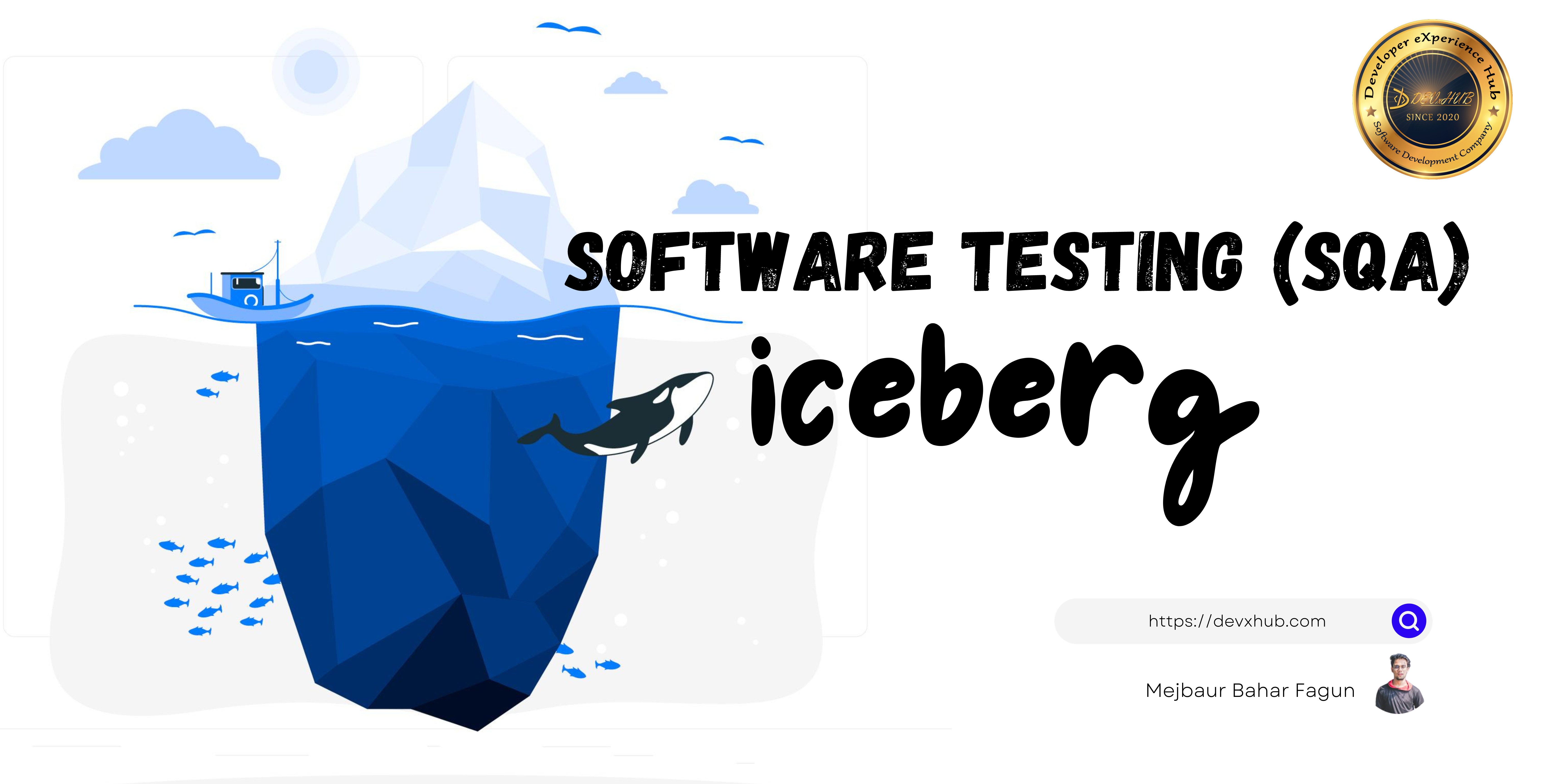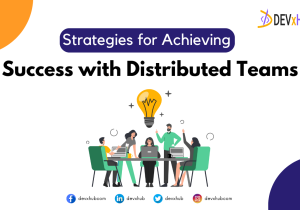Blog - The Iceberg for a Software Tester / SQA Engineer: Unveiling the Path to Success 🏔️🌊🕳️🔧🚀
In the world of software development, the role of a Software Tester or Software Quality Assurance (SQA) Engineer is akin to an iceberg, with the visible skills and tasks above the waterline, while a vast array of hidden skills and knowledge lies beneath. These professionals are the unsung heroes who ensure that the software we rely on functions flawlessly, without hidden defects lurking beneath the surface. In this article, we’ll delve into the multifaceted world of SQA engineering and explore the skills necessary for success in this ever-evolving domain. 🚀
🏔️ Foundation (Base of the Iceberg):
🎯Understand Software Development: 📖
The foundation of a Software Tester’s career begins with a solid understanding of software development processes. This knowledge includes:
- Exploring Methodologies: Familiarize yourself with different software development methodologies such as Agile and Waterfall. Understanding how development teams work is crucial for effective testing.
🎯Master Testing Fundamentals: 🔍
The heart of software testing lies in understanding its fundamentals:
- Testing Methodologies: Study testing methodologies like Black Box, White Box, and Grey Box testing.
- Test Levels and Types: Get to know different test levels (unit, integration, system, and acceptance testing) and the types of testing that correspond to each level.
🎯Get Familiar with Tools and Environments: 🛠️
A Software Tester must be adept at using various tools and creating test environments. Key elements include:
- Version Control: Learn version control systems like Git for managing test artifacts and collaborating with the development team.
- Test Environments: Set up testing environments and become proficient in tools used for testing. This includes everything from testing databases to test management tools.
🎯Build a Strong Quality Foundation: 🌟
Quality assurance is at the core of software testing. To build a strong foundation, you should:
- Understand Quality Principles: Familiarize yourself with quality assurance principles and how they apply to software testing.
- Quality Standards and Best Practices: Study quality standards and best practices in software testing to ensure that the software meets the highest standards of quality.
🌊 Visible Skills (Above the Waterline):
Once the foundation is in place, it’s time to move above the waterline and develop visible skills that demonstrate your expertise as a Software Tester.
🎯Test Planning and Strategy: 🗺️
- Test Plans and Strategies: Create comprehensive test plans and strategies to ensure that testing activities align with project objectives and scope.
🎯Test Case Design: 📝
- Test Case Development: Develop test cases based on software requirements. Consider both positive and negative test scenarios to ensure comprehensive coverage.
🎯Manual Testing: 🕵️♂️
- Test Execution: Execute test cases manually to validate software functionality. Accurately report defects and inconsistencies.
🎯Automation Testing: 🤖
- Automation Tools: Learn automation testing tools like Selenium and use them to automate repetitive test cases, improving efficiency and coverage.
🎯Regression Testing: 🔁
- Continuous Testing: Continuously test the software to ensure that new changes do not break existing functionality.
🎯Defect Tracking and Management: 🐞
- Defect Reporting: Report, track, and prioritize defects effectively. Verify fixes and close issues when they are resolved.
🎯Documentation: 📄
- Test Documentation: Maintain thorough test documentation throughout the testing process. Create test reports and summaries to communicate results.
🕳️ Hidden Skills (Below the Waterline):
Below the surface of the iceberg, there are skills that may not be immediately visible but are crucial for a Software Tester’s success.
🎯Programming Skills: 💻
- Programming Languages: Acquire programming skills in languages such as Python or Java, especially for automation testing.
🎯API and Web Services Testing: 🌐
- Integration Testing: Learn to test APIs and web services for seamless integration between different software components.
🎯Performance Testing: ⚡
- Performance Analysis: Conduct load and stress testing to identify and address performance bottlenecks in the software.
🎯Security Testing: 🔒
- Security Assurance: Ensure the software is secure from vulnerabilities by performing security testing, including penetration testing.
🎯Database Testing: 🗄️
- Data Validation: Validate data integrity in databases, optimize database queries, and ensure data consistency.
🎯DevOps and CI/CD: 🚚
- DevOps Practices: Understand DevOps practices and how to integrate testing into Continuous Integration/Continuous Delivery (CI/CD) pipelines for seamless software deployment.
🎯Cloud Computing: ☁️
- Cloud Platforms: Learn about cloud platforms to create scalable testing environments, enabling you to test in diverse scenarios.
🎯Mobile Testing: 📱
- Mobile App Testing: Test mobile applications on various devices and platforms to ensure a consistent user experience.
🎯Agile and Scrum: 🔄
- Agile Methodologies: Work effectively within agile methodologies and actively participate in Scrum ceremonies.
This detailed breakdown of steps and skills represents the iceberg of a Software Tester / SQA Engineer’s role. It reveals the foundational knowledge, visible skills, and hidden skills that are essential for success in the field. Just like an iceberg, the majority of the work may not always be visible, but it is crucial in ensuring the software’s quality and reliability. As you embark on your journey as a Software Tester, use this roadmap to guide your progress and continually refine your skills to become a true testing professional. 🏔️🌊🕳️🔧🚀
Related Posts
Categories
- App Development (2)
- Design (2)
- DEVxHUB (30)
- Digital Marketing (2)
- Guide (24)
- It Bangladesh (1)
- Logo design (1)
- Operating system (1)
- Personal Improvement (14)
- Planning (4)
- Project management (3)
- Social media (2)
- Software Development (5)
- Software Quality Assurance (8)
- Startups (1)
- Team work (1)
- UI UX (1)
- Web Development (6)
Main Tags
- 2024
- Android
- app development
- bangladesh
- content writing
- design
- devxhub
- Digital marketing
- Guide
- IOS
- It
- logo design
- Operating system
- Personal Improvement
- planning
- project management
- social media
- Software Development
- Software Quality Assurance
- software testing
- software testing types
- Startups
- Success
- team
- UI UX
- UI UX design
- VR
- Web Development















